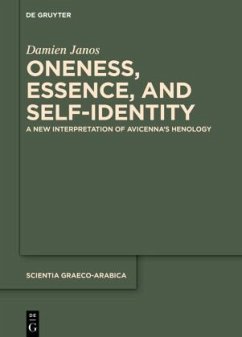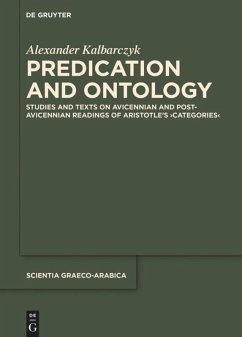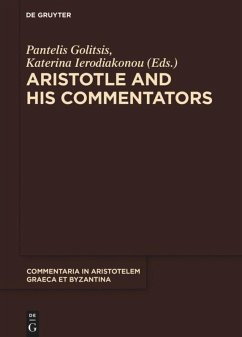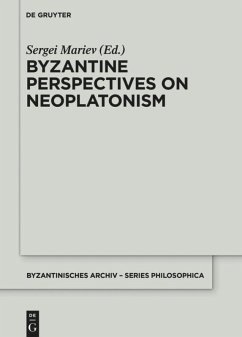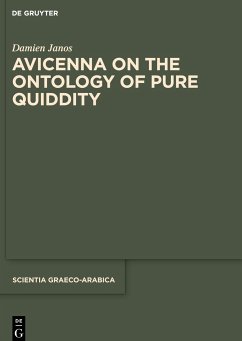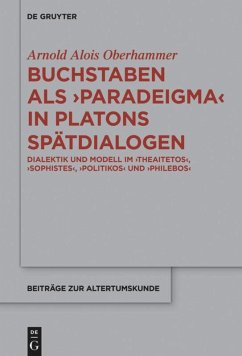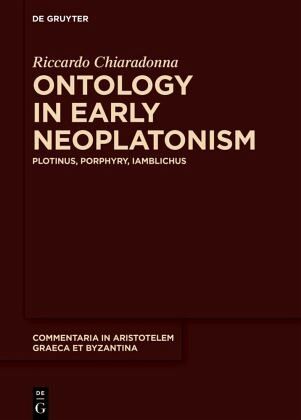
Ontology in Early Neoplatonism
Plotinus, Porphyry, Iamblichus

PAYBACK Punkte
56 °P sammeln!
Neoplatonists from Plotinus onward incorporate Aristotle's logic and ontology into their philosophies: this process is of both intrinsic and historical interest and paves the way for subsequent philosophical debates in the Middle Ages and beyond. The ten essays collected in this book focus on the readings of Aristotle by Plotinus, Porphyry, and Iamblichus in the 3rd and 4th centuries. Their discussions cover key issues in the history of logic and metaphysics such as substance, hylomorphism, causation, existence, and predication. Among the topics tackled in this volume are Plotinus' criticism o...
Neoplatonists from Plotinus onward incorporate Aristotle's logic and ontology into their philosophies: this process is of both intrinsic and historical interest and paves the way for subsequent philosophical debates in the Middle Ages and beyond. The ten essays collected in this book focus on the readings of Aristotle by Plotinus, Porphyry, and Iamblichus in the 3rd and 4th centuries. Their discussions cover key issues in the history of logic and metaphysics such as substance, hylomorphism, causation, existence, and predication. Among the topics tackled in this volume are Plotinus' criticism of Aristotle's physical essentialism, which is a major chapter in the history of metaphysics, and the interpretation of Porphyry's Isagoge, one of the most influential and enigmatic works in the history of philosophy. Further essays focus on the readings of Aristotle's categories developed by Porphyry and Iamblichus, which raise interesting questions at the intersection of logic and ontology, and on the integration of Aristotle's ontology into Neoplatonist accounts of being and existence.





